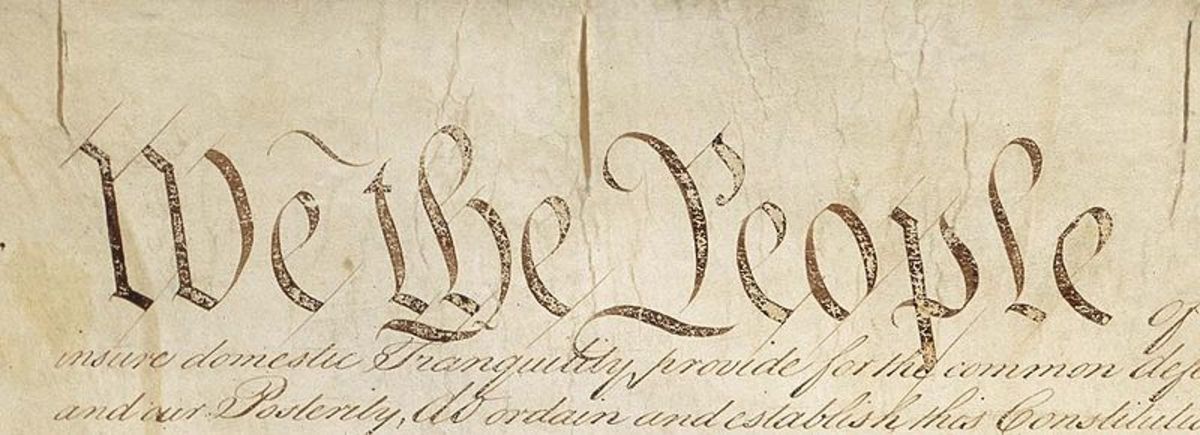The Free Man's Guidelines of Honor Part 1

Upholding the Rights of Others: The True Path to Sovereignty and Freedom
In every age, humanity faces the same question: how do we protect sovereignty and freedom in a world that constantly seeks to control it?
The answer isn’t found in courts, politics, or protests. It’s found in honor — in the quiet, deliberate act of upholding the rights of others as you would your own.
This principle is the foundation of common law, natural law, and the moral fabric that binds any truly free people together.
Your rights are protected by protecting the rights of others. That’s not just philosophy — it’s equity in motion.
The Law of Reflection and Equity
One of the oldest common law principles says: “He who seeks equity must do equity.”
In other words, if you demand justice, you must act justly. If you seek fairness, you must give it.
Equity is a mirror. The treatment you extend to others reflects directly upon your own standing.
When you safeguard another’s right to speak, to travel, to worship, or to contract, you reinforce the spiritual and lawful foundation of your own freedom.
This is the Law of Reflection — a cornerstone of natural law and equity and justice. It reveals that freedom isn’t an individual possession; it’s a collective vibration sustained by mutual respect.
Why Protecting Others Protects You
In the path of self-governance and sovereignty, it’s easy to become focused solely on personal liberation: your case, your filings, your jurisdiction.
But when you disregard the rights of others, you unknowingly weaken your own.
Every time someone’s liberty is trampled — and you remain silent — you consent to tyranny by omission.
Silence is a contract. In the realm of equity and justice, non-action validates oppression.
When you defend another’s freedom, you don’t lose power — you expand it.
This is the essence of reciprocal rights: every man or woman who protects liberty strengthens the shield that guards all.
Common Law and the Republic of Honor
Under common law principles, every man and woman is born free, owing no duty except to avoid harm and to keep contracts made in honor.
That means no one has authority over another without consent, contract, or equity.
But freedom cannot survive if it is exercised selfishly. The Republic of Honor only thrives when we all act as trustees of liberty — guardians of each other’s inherent rights.
When you stand up for someone else’s lawful freedom, you demonstrate the living power of self-governance and affirm that lawful authority flows from consent, not coercion.
Equity in Practice: Five Ways to Uphold Rights
-
Defend others publicly. Speak when someone’s voice is censored. Protect freedom of speech as though your own depended on it — because it does.
-
Reject selective justice. Don’t justify violations because they don’t touch your life. Equity doesn’t play favorites.
-
Keep your word in contracts and trusts. Honoring your covenants is how natural law recognizes your integrity.
-
Stand for the unpopular. Protecting freedom means defending those who disagree with you.
-
Act lawfully, not reactively. Base every action on honor and integrity, not outrage or force.
These actions are the foundation of self-governance, and they form the living proof that you are part of a lawful, sovereign society.
The Moral Geometry of Liberty
Freedom is not a privilege granted by the state. It is the natural inheritance of every living man and woman — an unalienable right under natural law.
But that freedom remains intact only when people defend it for one another. When you allow injustice to stand against someone else, you authorize it to return to you.
The hand that strikes another today may strike you tomorrow.
That’s why upholding the rights of others is the most powerful act of sovereignty. It turns passive belief into active law.
The Lawful Cycle of Protection
-
Protecting others’ rights affirms your claim to your own.
-
Acting in equity and justice builds credibility in law and conscience.
-
Standing for natural law and self-governance cultivates lawful independence.
Your sovereignty exists only to the degree that you recognize and defend the sovereignty of others.
This is how the true Republic operates — not through control, but through reciprocal respect and lawful cooperation.
Conclusion: Honor Is the Highest Law
To uphold the rights of others as you would your own is not just moral — it is lawful, practical, and spiritually binding.
It transforms the world from one of control into one of cooperation.
Your rights are not defended by courts, judges, or paperwork alone.
They are protected every time you act with honor and integrity, and every time you stand for common law principles that safeguard both you and your neighbor.
When you protect others, you protect yourself.
That is the circle of equity — the eternal covenant of sovereignty and freedom.
This content reflects the personal opinions of the author. It is accurate and true to the best of the author’s knowledge and should not be substituted for impartial fact or advice in legal, political, or personal matters.
© 2025 Joe Lustica








